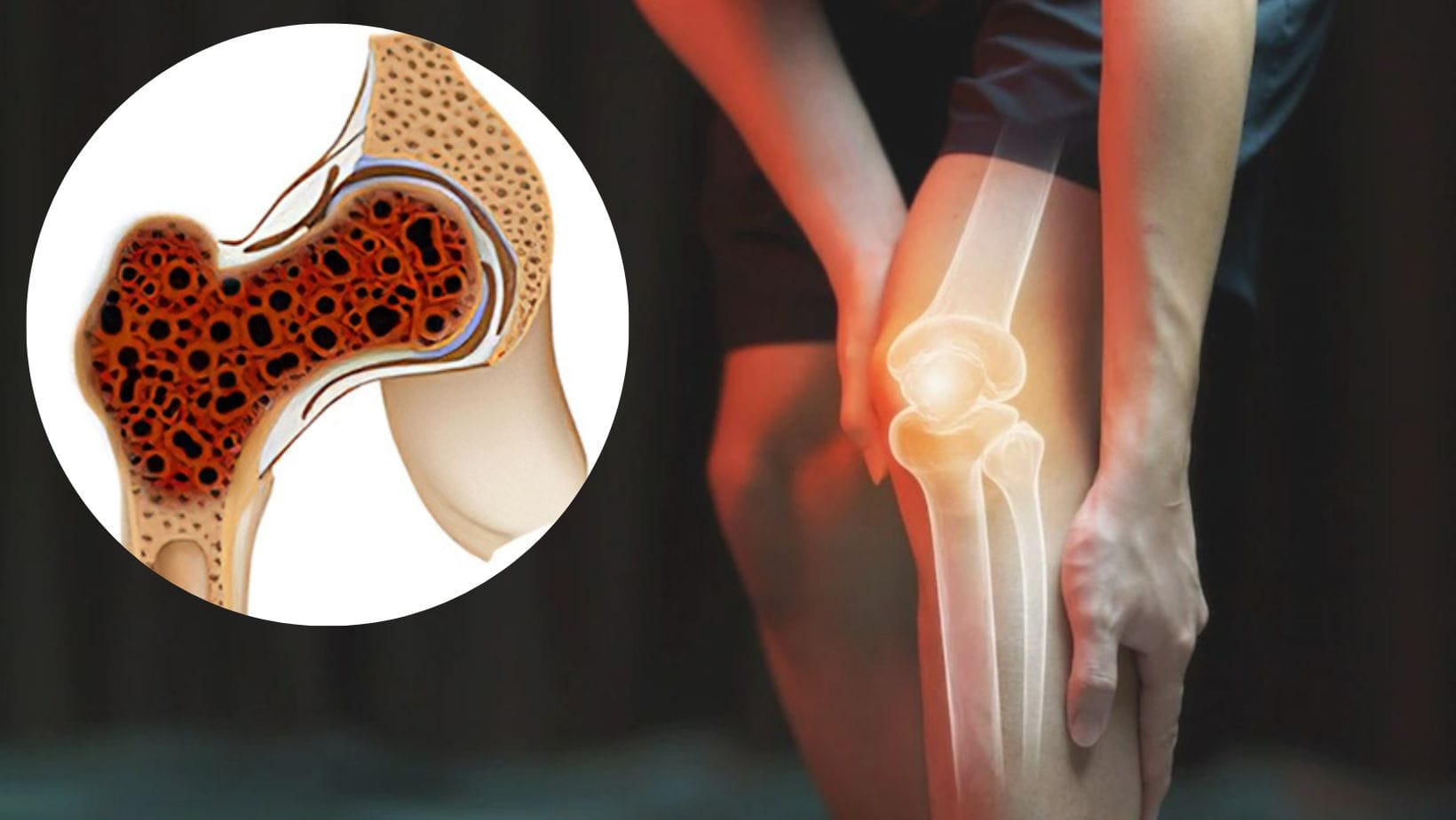 A new study has reiterated the importance of dietary assessment in cancer patients, after finding that it helps reduce immunotherapy-related side effects in melanoma patients.
A new study has reiterated the importance of dietary assessment in cancer patients, after finding that it helps reduce immunotherapy-related side effects in melanoma patients.Diet plays an important role in preventing as well as management of a variety of health conditions. People with cancer are also advised to follow a healthy, balanced diet, with a focus on plant-based foods, during and after cancer treatment, to decrease the possible side effects and improve recovery. Highlighting the importance of diet in cancer treatment, a new study has revealed that eating a Mediterranean diet may help improve immunotherapy response rates in advanced melanoma patients. This diet was also found to be associated with improved progression-free survival rates among patients with the skin cancer.
What is a Mediterranean diet? It is an eating plan that emphasizes on whole grains, fruits, vegetables, seafood, beans, olives, nuts and seeds. Although the Mediterranean diet has no restrictions, it encourages limiting the consumption of ultra-processed foods, red meat and sugary foods.
Benefits of Mediterranean diet in cancer patients
A research team, including Laura Bolte from the University Medical Center Groningen, Netherlands, studied the dietary intake of 91 advanced melanoma patients who were treated with ICI drugs. The patients’ progress was assessed with regular radiographic response check-ups.
They found a Mediterranean diet not only associated with a significant overall immunotherapy response rate, but also progression-free survival at 12 months. Additionally, eating whole grains and legumes was linked with lower likelihood of developing drug-induced immune-related side effects, such as colitis. Consumption of red and processed meat, on the other hand, increased odds of immune-related side effects. The study findings were reported at UEG Week 2022.
Based on their findings, the researchers underscored the importance of dietary assessment in cancer patients and including dietary strategies during cancer treatment to improve patient outcomes and survival.
The researchers are expanding the trials to investigate if the Mediterranean diet affects the outcomes for other tumour types, including digestive cancers.









